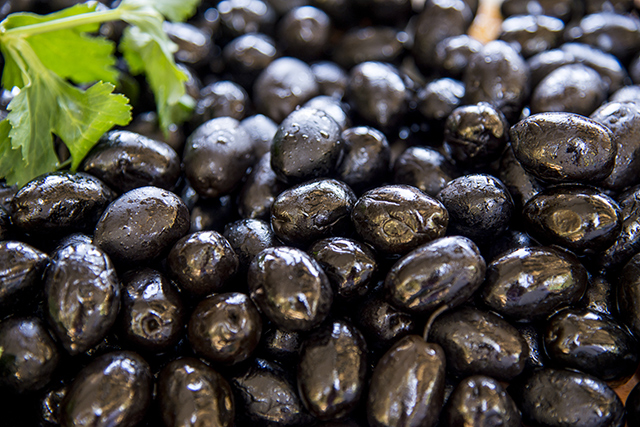Are your food allergies a result of lifestyle choices? Nearly half of people experience their first reactions after reaching adulthood
11/08/2017 / By Janine Acero

A new report from the American College of Allergy, Asthma and Immunology has found that more than 45 percent of people develop food allergies after the age of 17.
According to the new research, more than 35 percent of allergies to many types of seafood – including shrimp, crab, and lobster – do not appear until after age 17, and black, Asian and Hispanic adults are more at risk for developing certain allergies than white adults.
The researchers surveyed 53,575 American adults between October 2015 and September 2016, taking into consideration whether or not the food allergies people reported having had been diagnosed by a doctor and whether or not they were considered severe.
The findings reveal that 3.69 percent of adults have a shellfish allergy; 2.66 percent are allergic to peanuts; 1.8 percent to tree nuts; 1.11 percent to fin fish; and 0.3 percent to sesame.
“Food allergies are often seen as a condition that begins in childhood, so the idea that 45 percent of adults with food allergies develop them in adulthood is surprising. We also say that, as with children, the incidence of food allergies in adults is rising across all ethnic groups,” according to study lead author Dr. Ruchi Gupta.
Little is known about the prevalence of food allergies in adults, unlike in children: As of 2011, eight percent of all American children reported having a food allergy – 40 percent of them had experienced a severe reaction and 30 percent were allergic to multiple foods.
The report noted that the prevalence of tree nut and sesame allergies among children is on the rise, and a separate study has found that childhood peanut allergies have risen to an alarming 20 percent in the last seven years.
About two million children suffer from peanut allergies, and black children are more likely to have the allergy. The Centers for Disease Control and Prevention (CDC) has said that the following foods account for 90 percent of all allergies:
- Eggs
- Milk
- Peanuts
- Fish
- Tree nuts
- Soy
- Shellfish
- Wheat
Children with a food allergy are up to four times as likely to suffer from other related conditions, including asthma.
The report noted that “very little remains known about the relative prevalence of childhood vs. adult-onset food allergies and their associated risk factors.”
The researchers encourage adults to see an allergist for testing and diagnosis if they are having a reaction or suspect a food allergy. “Because many adults believe food allergies mostly affect children, they may not think to get tested,” said study co-author Christopher Warren.
Natural remedies for food allergies
Natural medicine tends to view food allergies as an imbalance that can often be corrected by detoxing. There is no current “cure” for food allergies, but you can reduce symptoms with some natural treatments:
- Avoid foods that trigger inflammation in the body and weaken your immune system such as packaged foods, sugar, artificial flavorings and foods containing gluten.
- Avoid foods that usually trigger allergic reactions such as cow’s milk, soy, eggs, wheat, peanuts and tree nuts, and fish and shellfish.
- Add more foods that boost your immune system to your daily diet, such as leafy vegetables; fermented foods such as kefir, sauerkraut, kimchi, natto, yogurt, raw cheese, miso and kombucha; gluten-free flours and grains like coconut flour and spelt flour; chia seeds and flax seeds; bone broth; coconut milk; and almond butter.
- Try soothing the symptoms with essential oils such as peppermint oil and eucalyptus oil.
Learn more about natural remedies at Remedies.news.
Sources include:
Tagged Under: adult allergy, allergic reaction, childhood allergy, detox, food allergy, healthy lifestyle, natural remedies, nutrients, peanut allergy, seafood allergy, Veggies



















